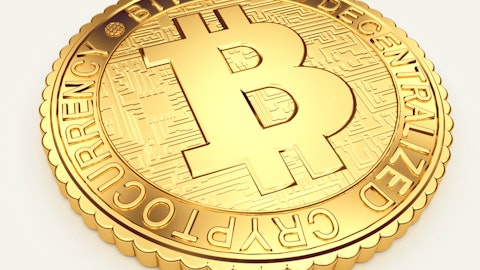What are the top intelligence agencies with the biggest budgets in the world? People say money doesn’t bring happiness but it can buy you a lot of intelligence and a ton of powerful gadgets that you can use to spy on other governments and terrorist organizations.
In this article we ranked intelligence agencies by their annual budgets. Insider Monkey gathered, verified, assessed and scrutinized the information before finally determining the ranking criteria for these agencies. But before moving further, it is worth mentioning that there can be more than one intelligence agency operating in a particular country. Therefore, we included agencies dealing with external affairs of their respective countries. By the way, you may also be interested in our article about the 7 greatest spies who ever lived.

Olivier Le Queinec/Shutterstockc.com
There are as many as 1 million personnel working for these organizations and more than $106 billion spent on their activities worldwide as reported in 2009. This goes to show how important their role is for their countries.
In order to rank intelligence agencies with highest spending (and biggest budgets), we looked into their spending patterns, the percentage of GDP spent on their activities and the investments they made in comparison to the spending made by the rest of the world.
The top 10 of the world’s biggest intelligence agencies account for 93% of the total spending made by the intelligence agencies globally. This is what IMF indicated in its WEO report in 2009.
Initially, we looked into the factors that are universally found in all agencies, such as covert action, collection and analysis, and counterintelligence. Then there are other related factors which may or may not be present in an agency, such as focused-targeting, strong communication and all-source synergism. These factors are responsible to aid law enforcement agencies in decision making. The better they are, the easier it is to make decisions. To back these activities, countries spend a handsome amount of national wealth.
Three different research methodologies were used to collect the data. First criterion was the web search using keywords and phrases. Search terms were adjusted time and again to get most relevant information. Secondly, we looked into online publications and journals specific to intelligence, such as “International Journal of Intelligence & Counterintelligence”.
We also looked into government websites for additional information related to our topic. Thirdly, we used search engine alerts and found news, blogs and other online content related to intelligence agencies. However, the data was so diverse that it had to be divided into two main factors, “Known Intelligence Spending” and “Unknown Intelligence Spending”.
The collected data underwent three stages. Firstly, the known intelligence spending of each country is averaged against its GDP to reflect the known spending ratio. Secondly, a single ratio was determined by taking the average of all the ratios of known intelligence spending of each country. Lastly, unknown intelligence spending of the country was identified by cross multiplying this single ratio with the country’s GDP. The rest is easy!
Based on what we found from these sources, here’s our list of top 15 intelligence agencies in the world with highest spending.




